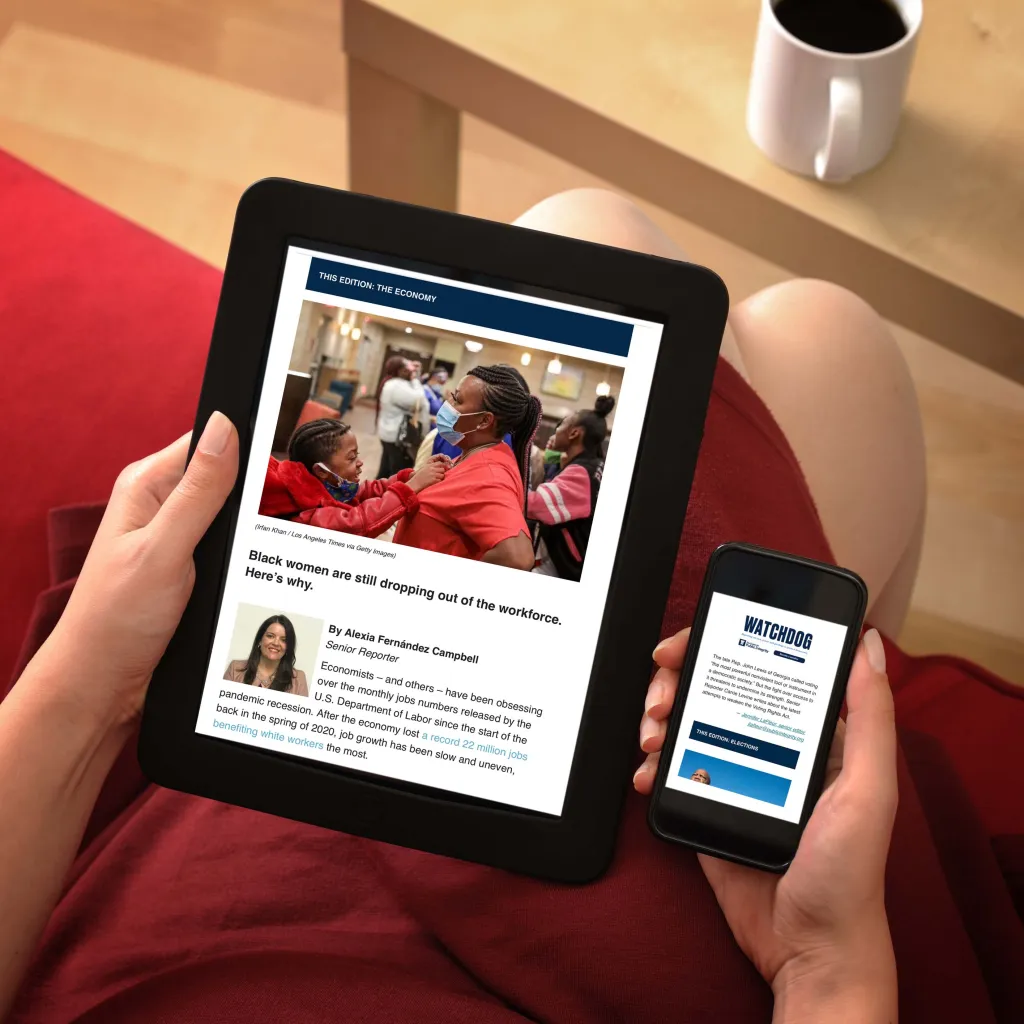Wisconsin, a key battleground state that has a divided government and was narrowly won by Democrats in the 2020 presidential election, has been a focal point of a nationwide Republican push to further restrict access to voting.
Gov. Tony Evers, a Democrat, has vetoed six Republican-backed bills that would have put up more barriers for people to vote and had a disproportionate impact on voters of color and voters with disabilities.
While legislators’ attempts to restrict voting access were blocked, in July, the Wisconsin Supreme Court, narrowly controlled by conservatives, ruled that the state’s practice of offering drop boxes for the return of absentee ballots violates the state constitution. It also ruled that voters are no longer allowed to have another person — including even family members — submit ballots on their behalf.
Drop boxes banned
A month before primary ballots were cast this year, the Wisconsin Supreme Court deemed drop boxes illegal. Following the ruling, the ACLU of Wisconsin called it a “senseless attack” on voting rights.
“Drop boxes have proven to be an accessible, secure, and easy way for voters across the country to cast their ballots, and they have been widely used by people of all backgrounds and political affiliations without issue,” according to a press release.
The Wisconsin Elections Commission said there were 570 absentee ballot drop boxes across the state in 2021, according to NPR. Drop boxes rose to prominence in the 2020 presidential election as numerous states shifted heavily toward the use of absentee ballots at a time when the country was overcoming a global pandemic and there were concerns about reliability of U.S. Postal Service delivery.
“Drop boxes are a very convenient way for people to return their ballot, especially if they don’t want to put it in the mail,” said Eileen Newcomer, voter education manager for the League of Women Voters of Wisconsin. “They’ve been used in Wisconsin elections long before the 2020 election … so it’s interesting that it was challenged now versus earlier on.”
Drop-off ballots versus mail-in
Advocates fear the second part of the Wisconsin Supreme Court’s ruling — a ban on the delivery of a ballot on behalf of someone else — could disenfranchise voters with disabilities. It would be against the law, for example, for the grandchild of a wheelchair-bound senior citizen to drop off an absentee ballot at city hall for them.
And the court’s ruling was so stark that some are questioning whether it could be interpreted to affect the mailing of absentee ballots as well.

About this series
This project looks at the state of voting access, voting rights and inequities in political representation in all 50 states and Washington, D.C.
“What the Wisconsin Supreme Court said is that to the extent that these ballots are being dropped off with election officials, that it has to be the voters themselves that do it and not others,” said Robert Yablon, associate professor and co-director of the State Democracy Research Initiative at University of Wisconsin Madison School of Law. “But they specifically didn’t rule on whether that is also true when an absentee ballot is put in the mail. There just is not a definitive state level word at this point.”
“There are some people who just can’t physically get up to put it in the mail,” Newcomer said. “There’s a reason why they vote absentee. It is difficult for them.”
Yablon also raised concerns about the disenfranchising effect it could have if local election clerks go beyond the scope of the law and require particular forms of ID when someone drops off an absentee ballot in person.
Vetoes block GOP restrictions
Evers has vetoed several bills the Republican-controlled legislature passed that would have restricted voting rights, including those that would have banned clerks from amending information on witness certificates for absentee ballots; narrowed the definition of “indefinitely confined voters” and require them to fill out additional forms; require that voter registration information checked against Wisconsin’s Department of Transportation records; and created more obstacles for absentee voters, among others.


